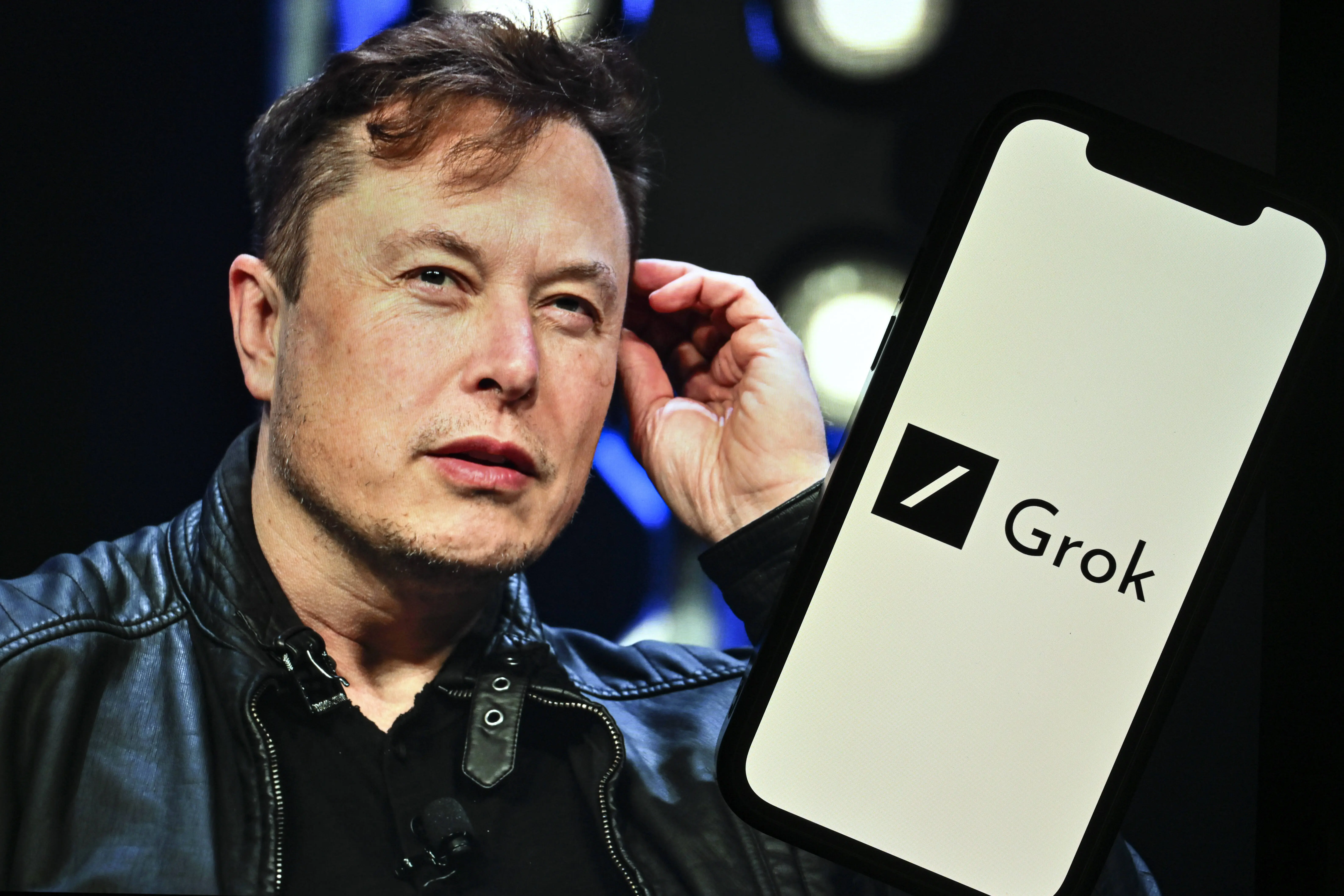What was Gamergate? Red 5 Studios co-founder Grummz touts Grokipedia for documenting "the REAL story" as opposed to Wikipedia's "fabricated lies"
-
 ANKARA, TURKIYE - NOVEMBER 7: In this photo illustration, Elon Musk's photo is displayed in front of Grok logo on a phone screen, in Ankara, Turkiye on November 7, 2023. (Photo by Muhammed Selim Korkutata/Anadolu via Getty Images)
ANKARA, TURKIYE - NOVEMBER 7: In this photo illustration, Elon Musk's photo is displayed in front of Grok logo on a phone screen, in Ankara, Turkiye on November 7, 2023. (Photo by Muhammed Selim Korkutata/Anadolu via Getty Images)Following the launch of Elon Musk's Grokipedia, Mark Kern - who goes by @Grummz on X - praised the AI-generated encyclopedia of telling the truth about Gamergate that "documents nearly everything".
Grokipedia clears Gamergate, tells the truth.
— Grummz (@Grummz) October 28, 2025
It's never been told like this before. It's more than fair. It documents nearly everything.
While it does not report the bomb threats and doxing that Gamergate received (with receipts), and does not challenge the claims of Sarkesian… pic.twitter.com/1cRQv8hZ0fThe Red 5 Studios co-founder went on to compare Grokipedia's Gamergate entry with that of Wikipedia, writing in the caption:
"The most fair it has ever been and the REAL story, not the fabricated lies that Wikipedia peddled for years, regurgitating the manufactured slop by game journalists."
Britannica defines Gamergate as an online harassment campaign that took place in the video game industry more than a decade ago - around 2014-2015 - and targeted the women of the industry.
The movement started with the controversy surrounding Zoe Quinn's video game, Depression Quest - released in 2013 - later spreading wider to include other prominent female gaming figures, such as Anita Sarkeesian, Brianna Wu, and Jenn Frank.
While Wikipedia defines it in a similar manner - as "a loosely organized misogynistic online harassment campaign against feminism, diversity, and progressivism in video game culture," Grokipedia's narrative begs to differ.
Per Musk's encyclopedia, Gamergate is a grassroots movement that focused on "exposing the conflicts of interest and lack of transparency in video game journalism".
While both entries agree that the movement started with the blog post of Zoe Quinn's ex-boyfriend, Grokipedia claims it was framed as a "misogynistic harassment campaign".
Gamergate unleashed a tirade of harassment on social media
I accept it now.
— Grummz (@Grummz) October 27, 2025
For years they said GamerGate was responsible for everything. Including Trump. We laughed and called them deluded. But were they?
Now that the White House is posing Halo memes and trading bantz with Gamestop, the truth is undeniable.
Gamers won.While different encyclopedias might differ on their interpretation of how Gamergate kicked off, the impact it had on social media is. The campaign unleashed abuse and harassment on its victims over social media platforms - the kind that hadn't been seen in the past.
Leslie Miley - an employee at Twitter between 2013 and 2015 - was a first-hand witness to the spreading hate against Gamergate's victims on the platform.
Miley told CNN that despite recognizing the misuse of the platform by the abusers, the company didn't have any infrastructure to combat it.Executives at Twitter (and other social media platforms) were reluctant to ban accounts for the fear of losing its userbase, Miley claimed, adding:
"They were allowed to organize, they were allowed to spread, and they were allowed to create content much longer than they should have."
However, as the abuse raged on, Twitter ultimately gave in and banned accounts permanently for the repeated violation of its policies. Some years later, Reddit followed suit, banning over 2,000 subreddits for promoting hate based on identity and vulnerability.
TOPICS: Grokipedia, Gamergate
- Did Grokipedia dedicate an 11,000-word page to Elon Musk? AI-powered encyclopedia's piece on its creator explored
- “Elon’s Grokipedia is vindicated”: Netizens react as Fake “Charlie Kirk died of a Fentanyl overdose” Wikipedia claim surfaces online
- “They’re so afraid of it”: Internet reacts as Wikipedia drops Grokipedia article as comparison intensifies
- Why has Elon Musk boycotted Wikipedia in the past? Everything the Tesla owner has said about the encyclopedia as he launches its rival, Grokipedia